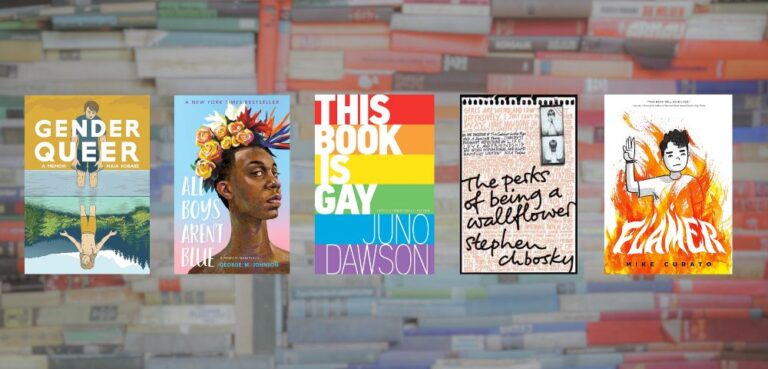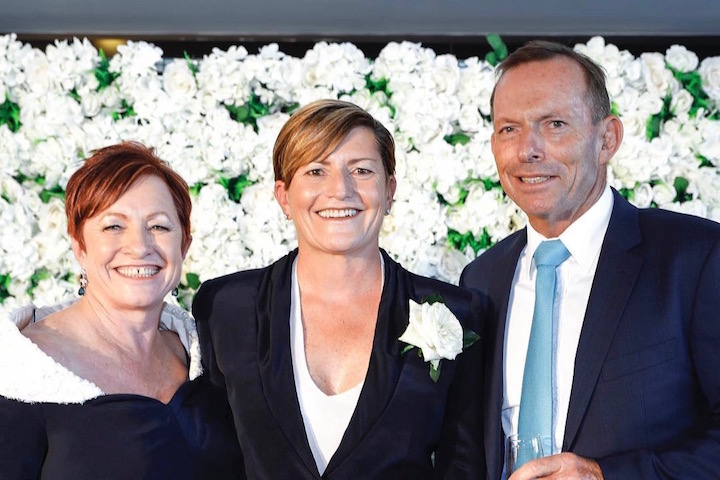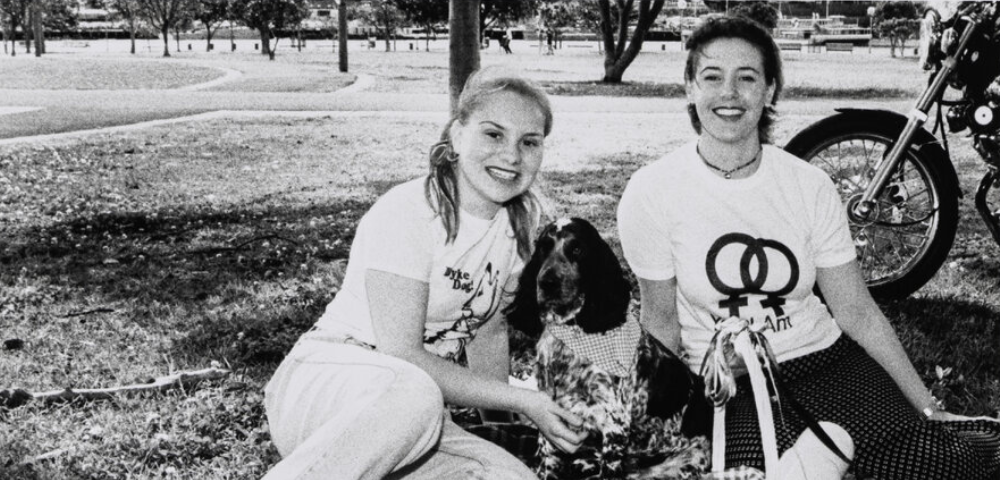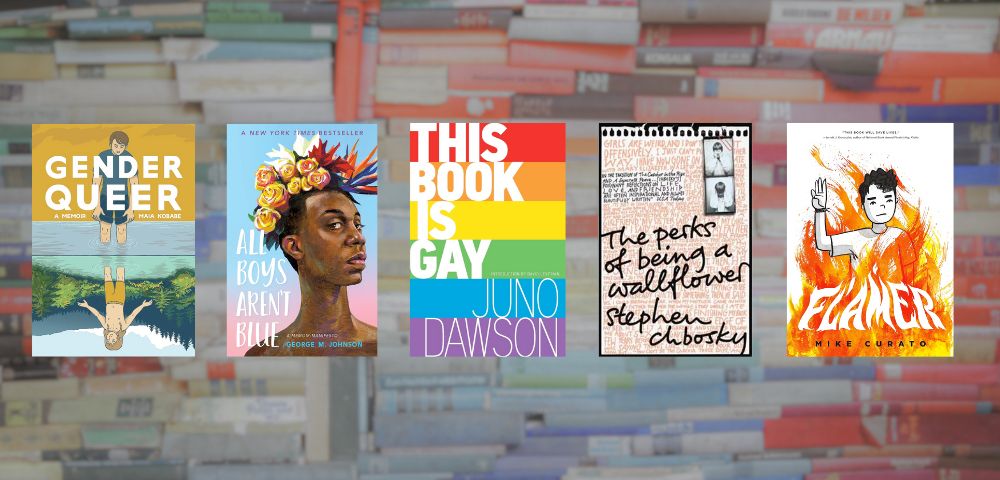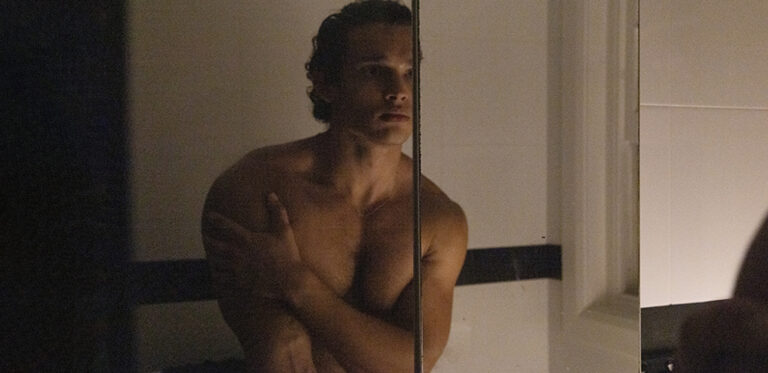
Work out

With increasing numbers of big employers keen to spruik their LGBTI credentials, Benedict Brook looks at exclusive new research that reveals how out we really are in the workplace.
—
IN the workshop, among the sparks and metal dust, the flash of welding torches and the din of machinery, Keith Fripp kept his secret quiet.
“I just got in there, did my work and that’s it,” he recalls.
A boiler maker, Fripp worked in NSW’s Southern Highlands, building carriages that would run on the state’s railway network.
“It was a very male area. A very blokey culture,” he says.
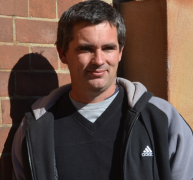
“I didn’t have to ask about their sex lives; they’d tell anyone.”
Inevitably, attention turned towards Fripp’s private life.
“It got difficult when they start talking about their girlfriends and their wives and they ask about you… but I’d say ‘she’ rather than ‘he’,” he says.
To this day, Fripp still doesn’t know how they found out he was gay or who first spilled the beans: “I was at a work function… and I’ll never forget their response, all staring at me.”
—
ACCORDING to the Australian Workplace Equality Index (AWEI) survey, the results of which are exclusively revealed in the Star Observer, how an organisation treats their LGBTI staff can affect not just an employee’s performance at work but mental health and wellbeing as well.
Just ask Lord John Browne, the former chief executive of petrol giant BP, who resigned in 2007 after it was revealed he had been in a relationship with a man.
“For decades, I worried that the negative stereotype of a gay person would overshadow the reality of who I was,” Browne told The Guardian.
Brown has now written a book, in which he encourages young people to come out early in their careers because he says he doesn’t want anyone else to go through what he experienced.
Certainly, more Australian employers than ever before are reaching out to their LGBTI staff, including big names such as Commonwealth Bank, the NSW Police and Australian National University.
The AWEI survey, produced by Pride in Diversity — Australia’s only workplace program to assist employers with LGBTI inclusion — reveals 81 per cent of gay male respondents are out at work.
This compares to 76 per cent of lesbians, because as Pride in Diversity director Dawn Hough put it, it’s “hard enough being a woman in the workplace without putting my hand up twice and saying I’m a lesbian.”
Meanwhile, only 27 per cent of bisexuals are open at work.
The survey is only completed by staff in organisations that already have a commitment to their LGBTI staff and so may not reflect the full reality for many gay people at work.
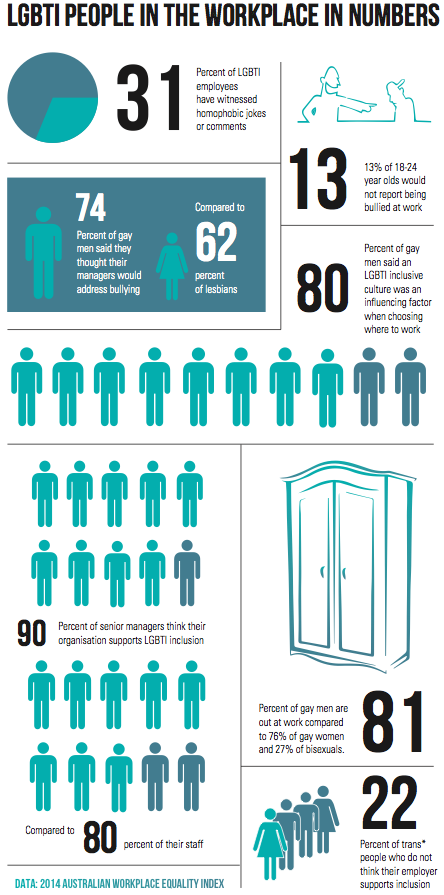
However, Hough says the AWEI provides a useful tool for organisations “to see what other employers are doing and benchmark yourself.”
LGBTI inclusion is now seen as “litmus test,” she says, “because if you look at the other areas of diversity — for example, women — every man and his dog is doing that so it’s not a differentiator anymore, it’s an expectation.”
One of the most notable findings is that while 93 per cent of young people are in favour of inclusion, they are also one of the highest groups to have noticed homophobic jibes at work and 13 per cent say they would rather stay in the closet than report bullying to a manager if it meant coming out.
Hough says young people may feel less confident early in their careers, asking themselves: “Is it safe to be who I am, how is my boss going to respond to this, is it going to impact my career?”
The wellbeing of LGBTI youth is a particular area of focus for Perth’s Curtin University.
“Our young people felt safe at university but many go into [industry] and it was important they felt safe outside university,” says Amanda Willis, Curtin University’s corporate values and equity director.
Curtin partnered with fellow Pride in Diversity member Chevron to produce a blueprint to help LGBTI engineering students transition to a workforce not traditionally regarded as being sensitive to gay people.
The university also has a staff networking group and funds research that benefits the LGBTI community.
Its approach, which embraces both LGBTI students and staff and sees inclusion embedded into its overall strategy, has pushed Curtin to second in the Pride in Diversity rankings of best LGBTI employers, just behind investment bank Goldman Sachs.
“If you make things better for one group of people, you make them better for everybody,” Willis says.
Hough echoes the sentiments: “Policies and tolerance levels are set from the top and go across the entire organisation.
“The experience of LGBTI employees in organisations which are active in this space is they have a better work experience and a better sense of personal self.”
For Fripp, the support of management proved invaluable when a new staff member, far less supportive than his other work colleagues, confronted him.
“He called me a faggot and a poofter and all that stuff,” he says.
“He’d crossed a line… I saw my supervisor and a couple of days later he was gone.”
However, if a manager was deemed to be supportive of LGBTI people, 80 per cent of their LGBTI staff were likely to be out to them, compared to 45 per cent if they were not supportive.
Yet, some managers, precisely because they’re not gay, may believe their organisation is a more positive place than what it really is.
For instance, 90 per cent of managers in the survey believe their workplace is “genuinely supportive” of inclusion.
But the same view is held by only 79.8 per cent of their LGBTI staff.
“Be mindful of the lens you’re looking through because if you’re [looking] from a heterosexual viewpoint then the lens is significantly different to your LGBTI employees,” Hough says.
One solution is to have both supportive leadership and a strong grassroots influence from LGBTI staff themselves — an approach that’s both top and bottom.
Brad Cooper, the head of Westpac’s BT Financial subsidiary, tries to bridge that gap by representing the company’s employee-run LGBTI group to senior managers.
“We’re a company of 37,000 people and if you’re serious about change you need senior leadership driving that change,” Cooper says.
It doesn’t get more senior than Westpac chief executive Gail Kelly recently featuring in a video sent to all staff explaining how inappropriate use of language can inadvertently discriminate.
“It can be a lonely place if you’re a young gay or lesbian working in a branch in Dubbo so it’s just as important for them to receive the from Gail,” Cooper says.
The company also sponsors LGBTI youth project It Gets Better and encouraged branches to hold morning teas to mark this year’s IDAHOT, but Cooper admits they weren’t compelled to mark the event: “You can’t force this stuff.”
Cooper adds that focusing on talent, not sexuality, benefits not only employees but also the bottom line: “If we can attract and hire the best of the best talent we will have a competitive advantage.”
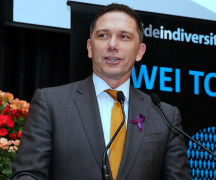
Growing up in Sydney’s suburbs which Cooper recalls as “a pretty racist and homophobic kind of environment” galvanised him to support his LGBTI colleagues.
“I hate bullying and exclusion of any type [and] I am very passionate about doing something about it,” he says.
The survey found 31 per cent of LGBTI people have witnessed or have been made aware of homophobic jibes while almost 13 per cent have seen or been the victim of bullying due to sexuality.
However, whether LGBTI initiatives directly impact levels of homophobia is a moot point, with some employers telling the Star Observer high profile inclusion campaigns might actually encourage more staff to report bullying.
While Cooper says he isn’t aware of any homophobic bullying within Westpac, he has no doubt it occurs: “We have over 1,000 branches and all sorts of attitudes and you’d be naïve to think a few videos and a few change programs and suddenly everybody’s cool.
“I don’t think [homophobia] is as overt as that and that’s maybe part of the problem — it’s far more subtle and a feeling of not being able to bring your whole self into the workplace.”
Nevertheless, Cooper says he was “110 per cent categorically” certain staff could feel confident incidents would be dealt with.
Cooper’s ambition is for Westpac, Australia’s third-placed LGBTI employer, to be seen as a leader in equality: “If a big brand like ours can get behind this then why can’t the BHPs and everybody else?”
Westpac’s new transitioning policy for trans* staff — increasingly a prerequisite for employers serious about inclusion — was guided by Sara Anderson, a senior executive assistant at the company.
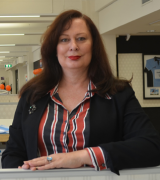
The survey found 22 per cent of trans* staff do not believe their organisation genuinely supports LGBTI inclusion while a third were aware of negative comments at work.
Anderson transitioned at the age of 19 but kept her personal and work lives separate.
“Transgender girls like to be a little bit stealthy and assimilate into an everyday lifestyle,” she says.
Anderson chose to come out following the death of celebrated performer, activist and trans-woman Carmen Rupe.
Longtime friends, Anderson says she was “devastated” by Rupe’s death: “When I went to her funeral I made her a promise that I would continue her work and that was the kicking point after being so private for so long.”
She joined the then-embryonic staff network, told her colleagues and soon found herself sharing a stage with former High Court judge Michael Kirby talking about workplace equality.
Day-to-day, Anderson says it’s “business as usual”, but she is proud to be able “to stand up for people like myself who can’t.”
Unsurprisingly, the experiences of staff in the country’s top 10 LGBTI friendly-employers are the most positive with 91 per cent trusting their organisation to support them compared to 69 per cent for those outside the top flight.
Employees in the top 10 also say they experience lower levels of homophobia.
Many employers are some way behind, though.
“Some [organisations] stand up there and say we breath, dream, live, sleep diversity and you look at their diversity strategy and [LGBTI people are] not even listed,” Hough says.
“If you don’t think you have enough LGBTI employees to worry about, you do, but they’re in hiding.”
Of the 20 largest companies listed on the Australian Stock Exchange, most either have extensive information on their LGBTI initiatives or at least mention sexuality in their diversity policies.
However, the Star Observer could not find specific information on LGBTI inclusion in the publicly-available policies of Westfield, AMP or Origin Energy.
Only AMP responded to enquiries, stating: “While individual differences including sexual orientation are not specifically referred to in our inclusion and diversity strategy we actively look for ways to attract and develop a diverse workforce.”
Talk of emerging LGBTI networking groups elicits a smile from Wade Smith, who leads Australian Federal Police’s (AFP) 300-strong network of gay and lesbian liaison officers (GLLOs).
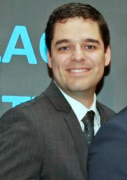
“We’re coming up to our 20th anniversary,” he says.
While the GLLOs function as an informal network for many gay AFP staff, its primary role is to encourage the wider LGBTI community to liaise with police.
Smith himself came out while in the AFP’s armed tactile response unit.
“If I felt safe enough to come out in the alpha of the alpha part of the [force] it’s a good sign the AFP supports LGBTI people,” he says.
With many of the top employers now as good as the best in Europe or the US, Hough says a new phase is approaching, where LGBTI inclusion should become part of everyday business.
“So it’s a given [that] when you’re talking to people you don’t assume their partner is a husband or wife,” she says.
—
“AS a child, I was extremely effeminate,” Anderson says.
“My parents owned a shop and customers would say ‘your daughter is extremely friendly’ and my mother would give me the most evil look, clip me over the back of the head and take me for a haircut,” she recalls, laughing.
“I have got to this point because I set high standards for myself and I wanted to do something that made [my parents] proud.
“Could I have pictured that prissy little thing in this position today?
“No way,” she says, smiling.
**This article first appeared in the July edition of Star Observer. The August issue has just hit the stands in Melbourne, Sydney, Brisbane, Adelaide and Canberra. Click here to find out where you can grab your free copy.


